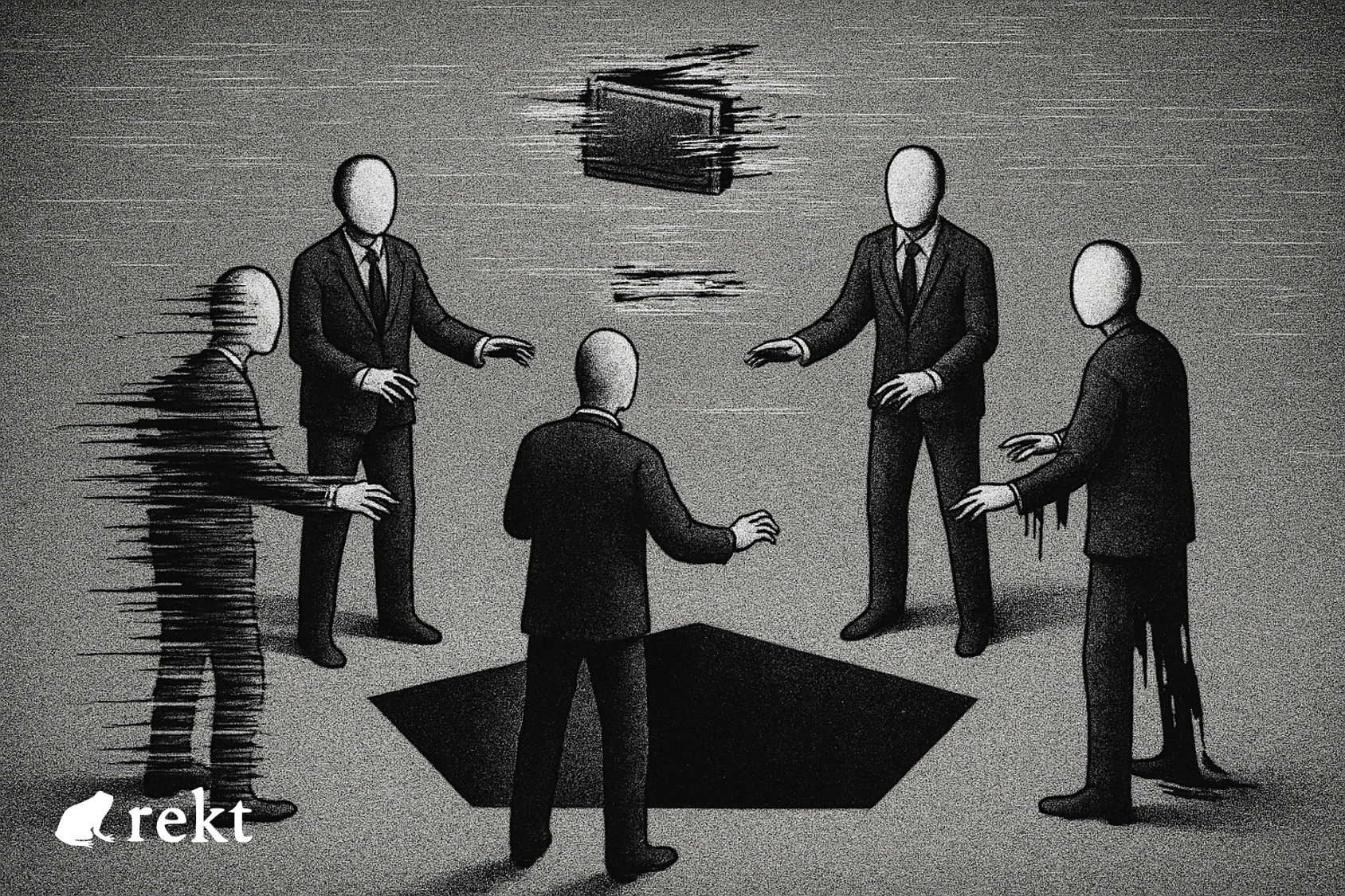Social Recovery Wallets are Broken by Design

The pitch was simple: What if you lose your keys? Don’t worry—your trusted friends will help you get back in. Cute. But in practice, “social recovery” has become the crypto equivalent of leaving your door unlocked because your neighbors seem nice.
You think guardians are some decentralized miracle?
They’re just a multisig of human error.
Let’s be honest: most users pick guardians who are either clueless, careless, or compromised already. Your old college roommate. Your boss. That one dev friend who still hasn’t moved off MetaMask hot wallets.
You think they’re keeping your keys safe?
They can’t even keep their Discord account from getting hijacked by a fake airdrop.
Guardian collusion is the obvious play—three out of five phone calls, and boom, they’ve reset your wallet. No need to hack you directly. Just find the weakest links you picked and let them hand over the goods. One fake email. One fake tweet. One deepfake voice note. And it’s game over.
Still feel “social”?
And even if you do trust your guardians—should you? The UX-first movement turned your security model into a lifestyle app. Smooth interfaces, animated confirmations, email recovery options. All because seed phrases are “too hard.”
Here’s the thing: UX and security are enemies when one is driving the car and the other’s locked in the trunk.
The promise was usability without compromise.
The result? A wide attack surface, gift-wrapped with onboarding candy.
Projects want you to feel safe.
Attackers want you to feel comfortable.
And comfort is the most dangerous opsec flaw of all.
Let’s not pretend it ends with phishing.
What happens when guardians die? Ghost their phones? Lose access themselves?
You thought you avoided single points of failure.
You just outsourced them to other people.
Social recovery isn’t broken because of implementation bugs or rough edge cases.
It’s broken by design — because it trusts humans more than machines in a system that was explicitly built to eliminate human trust.
You don’t solve key loss by adding more humans.
You solve it with cryptography, not crowdsourcing.
But sure—go ahead.
Let your barber and your ex-girlfriend hold your wallet recovery access.
What could go wrong?
REKT sirve como plataforma pública para autores anónimos, nos deslindamos de la responsabilidad por las opiniones y contenidos alojados en REKT.
dona (ETH / ERC20): 0x3C5c2F4bCeC51a36494682f91Dbc6cA7c63B514C
aviso legal:
REKT no es responsable ni culpable de ninguna manera por cualquier Contenido publicado en nuestro Sitio Web o en conexión con nuestros Servicios, sin importar si fueron publicados o causados por Autores ANÓN de nuestro Sitio Web, o por REKT. Aunque determinamos reglas para la conducta y publicaciones de los Autores ANÓN, no controlamos y no somos responsables por cualquier contenido ofensivo, inapropiado, obsceno, ilegal o de cualquier forma objetable, que se pudiera encontrar en nuestro Sitio Web o Servicios. REKT no es responsable por la conducta, en línea o fuera de línea, de cualquier usuario de nuestro Sitio Web o Servicios.
